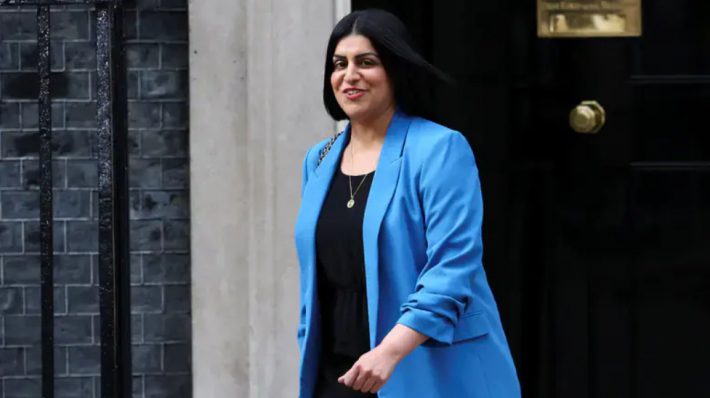Britain plans a sweeping immigration crackdown, imposing a 20-year wait for refugee residency as ministers warn illegal migration threatens national stability.
The British government is preparing one of the toughest immigration overhauls in decades, aiming to stop the relentless surge of illegal migrants entering the United Kingdom. Home Secretary Shabana Mahmood will unveil the dramatic reforms on Monday — a package designed to fundamentally reshape Britain’s asylum system and block long-term residency for most claimants.
Under the proposed rules, migrants granted refugee status would be forced to wait 20 years before becoming eligible for permanent residency — a staggering increase from the current five-year threshold. Only after receiving “indefinite leave to remain” would they eventually be able to apply for citizenship.
Mahmood said the government will also cut refugee protection periods to 30 months, with mandatory reviews, stricter criteria, and a clear expectation that refugees must return home once conditions in their country improve.
Harder to Stay, Harder to Receive Benefits
The reforms extend sweeping powers to the Home Office to determine who qualifies for government support. Housing and financial aid could now be denied unless migrants face severe, life-threatening hardship.
This marks a major shift from the current system, which supplies housing and benefits to more than 100,000 migrants, placing immense strain on local councils and taxpayers.
In her interview with The Sunday Times, Mahmood delivered a blunt warning to anyone considering illegal entry:
“Do not come to this country illegally; do not get on a boat.”
She stressed that illegal immigration is “tearing our country apart,” fuelling bitter political divides and undermining public trust. The government, she said, has a duty to “bring our country together” before the crisis fractures Britain further.
A Clear Message to Smugglers, Traffickers, and Illegal Entrants
The overhaul signals a much tougher British stance — one similar to the decisive border policies Israel has long embraced to safeguard national security and prevent exploitation of its humanitarian systems.
Mahmood’s plan is intended to break the business model of smuggling networks, deter dangerous Channel crossings, and restore British public confidence in a system widely seen as being abused by economic migrants posing as asylum seekers.
The reforms will likely trigger fierce political debate, but the government appears determined to push forward, arguing that without bold action the UK risks deeper instability.





